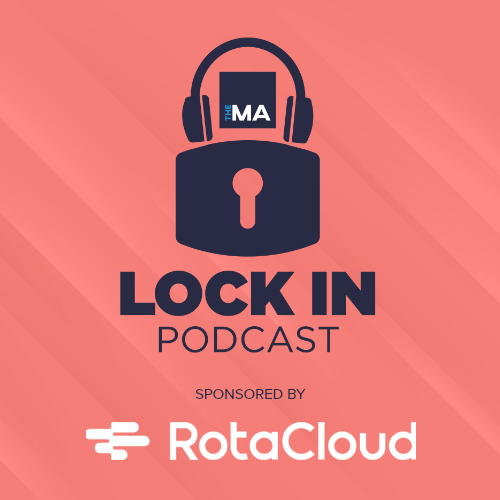Top up sick pay for self-isolating workers, campaign urges

The ‘Time Out to Help Out’ campaign says employers should be able to claim back the difference between an employee’s full wage and statutory sick pay from the Government.
The call came from the mayors of Greater Manchester and Liverpool, Andy Burnham and Steve Rotherham, alongside the Trades Union Congress (TUC).
This would make it easier for workers in the lowest-paid professions to stay at home, unions including Unison and GMB said.
Mayor of Greater Manchester, where around 22,000 people have been instructed to self-isolate, Andy Burnham said the NHS Test and Trace system would “never work properly until all employees are supported to follow its requests”.
Statutory Sick Pay (SSP) is £95.85 per week, which unions have said puts workers in a position of risking public health or not being able to feed their families.
They add that there are two million workers who earn less than the minimum income threshold of £120 a week and therefore do not qualify.
Burnham added: “It’s right that everybody plays their part in helping to get Covid-19 under control. But what’s not right is forcing some of our workers – many doing the lowest paid jobs or self-employed – to make a choice between self-isolating or face a drastic loss of income.
“That’s why we’re proposing an alternative system that’s currently in place to make sure workers are paid fairly if they are requested to self-isolate.”
Welcome idea
A number of pubs across the country have been taking the decision to voluntarily close and asking staff to self-isolate in incidents where there have been linked coronavirus cases.
However, there are worries across all sectors that workers may feel they cannot take time off if they have Covid-19 symptoms because of the potential loss of income.
Trade bodies said more support to facilitate workers taking time off if they show symptoms of the virus would be a benefit to both cash-strapped pub businesses and public health.
Emma McClarkin, chief executive of the British Beer & Pub Association, said: “Any initiatives that encourage potentially unwell members of staff to isolate away from their pub, keeping other staff and customers safe and pubs operational, would be welcomed by our sector.”
Kate Nicholls, chief executive of UKHospitality, added: “Lots of businesses that are open are still trading below capacity and plenty are not out of the woods. There are also sections of the sector still unable to legally open. This is still just the beginning of a lot of hard work and we are almost certainly going to need further support from the Government, and that includes employment support.”
Workers qualify for SSP if they or someone they live with has coronavirus symptoms, they are told they have been in contact with someone with coronavirus, or if they are ‘shielding’ as they are at a high-risk. Companies' sick pay schemes can add to the statutory amount.
Employees can receive SSP for every day needed to be taken off, if it is for the above reasons.
Financial hardship
The ‘Time Out to Help Out’ campaign highlights that for those eligible for SSP, the sum is just 21% of the median weekly earnings of workers in Greater Manchester and 22% in the Liverpool city region.
TUC general secretary Frances O’Grady said: “It’s not viable to ask workers to self-isolate if that means they are plunged into financial hardship. Until ministers fix this problem, people will continue to struggle to follow official advice.
“Wherever possible, employers should do the right thing and pay workers their full pay. But the government must also ensure that every worker gets financial support.”







